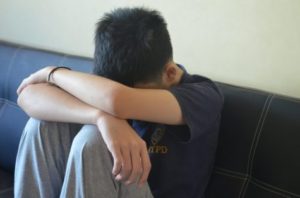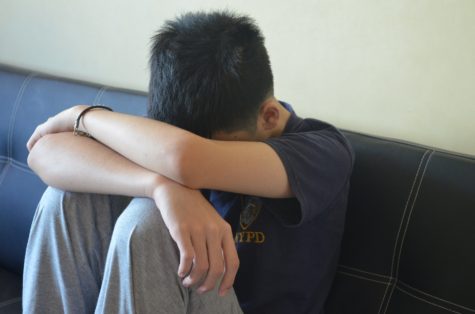BOCA RATON, Florida — Bullying can leave devastating, long-lasting imprints on a child’s mental health. Now new research offers ideas for developing coping skills that will allow children to flourish even in the presence of bullies.
According to a study conducted by Florida Atlantic University (FAU) and the University of Wisconsin-Eau Claire, there is an innate characteristic in children that insulates them from bullying. Researchers say a child’s resiliency, or the ability to flex and bounce back from adversity, separates the kids who merely “survive” bullying from those who thrive when faced with difficult situations.

“Resilience is a potent protective factor, both in preventing experience with bullying and mitigating its effect,” explains Sameer Hinduja, study author and professor at FAU, in a release. “Resilient kids are those who, for a variety of reasons, are better able to withstand external pressures and setbacks and are less negatively impacted in their attitudes and actions than their less-equipped peers when facing this type of victimization.”
Researchers wanted to determine whether those children possessing high levels of resiliency were less likely to be bullied at school and online. They developed a 10-item biopsychosocial scale to rate levels of resiliency in 1,204 American youth ranging in age from 12 to 17 years old. Participants were asked to what extent they agreed or disagreed with statements such as “I can deal with whatever comes my way,” “I am not easily discouraged by failure,” and “Having to cope with stress makes me stronger.”
Hinduja’s research team found that those who possessed higher levels of resiliency traits experienced less bullying both at school and online. When bullying did occur, these children were able to bounce back with less disruption to their school experience. Students with higher resiliency also experienced less peer relational abuse.
The authors hope that their results will encourage communities, schools and families to approach bullying from a different perspective. They offer the solution of teaching children resiliency so they are better prepared to respond and to manage the encounter.
“We want children to learn and develop the skills they need to deal with problems, and yet we rarely help them engage with those problems so that they can grow in their ability to solve them,” says Hinduja. “Instead, we seek to constantly protect and insulate them–instead of bolstering their self-confidence, problem-solving ability, autonomy, and sense of purpose–which are all innate strengths.”
Researchers say that targets of verbal bullying and cyberbullying often have more power than they realize to ignore or deflect the abuse directed at them. And the adults in their lives — parents, teachers, coaches and others — have an obligation to teach and model ways to reject and refuse the vitriol of the bully.
Life is full of challenges and challenging people. Resiliency is a coping strategy that can be developed in children that will serve them well throughout their lives.
The study was published in the Nov. 2017 edition of the journal Child Abuse & Neglect.
